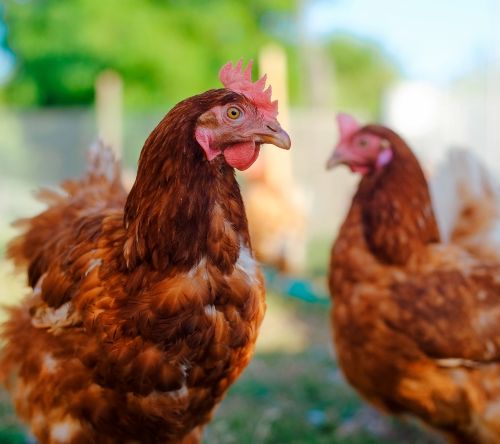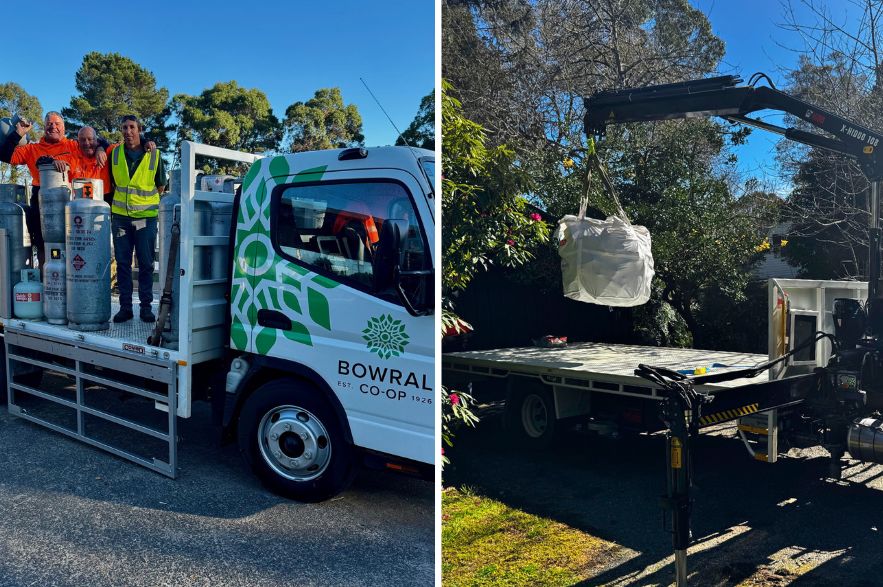Common reasons your hens might be holding back on the eggs.
If your backyard hens have slowed down or stopped laying, you’re not alone — it’s a common concern, especially as the seasons change. Our poultry team has put together a helpful checklist of common causes to get your girls back on track:
Seasonal Changes
Egg production naturally dips in winter as daylight hours shorten. Less light means less stimulation of the laying cycle.
Age of Your Hens
Young hens (pullets) typically begin laying between 18–24 weeks. Older hens will slow down or stop altogether over time.
Moulting
Moulting is energy-intensive. During this period, hens shed old feathers and grow new ones — often at the expense of laying.
Diet and Nutrition
Laying hens need a high-quality feed rich in protein and calcium. If their diet is lacking, egg production may stop altogether.
Supplement Support
A few extra supplements can help keep your chooks in top shape and support healthy laying:
- Kilverm – for worming and internal parasite control
- Avi-Vital Multivitamin – supports immunity, vitality, and recovery
- Livamol – a high-protein conditioner, especially useful during moulting
- Anitone – a natural liquid supplement packed with trace minerals
- Diatomaceous Earth (Food Grade) – supports gut health and helps deter pests
- Poultry Treats, Bug Mix, and Meal Worms (Bainbridge) – protein-rich treats to encourage laying and boost nutrition
- Natural Options – Apple cider vinegar in drinking water and garlic in feed can help support immunity and act as a gentle, natural worming aid.
Stress or Environmental Changes
Noisy surroundings, predator visits, overcrowding, or even introducing new flock members can stress hens and reduce laying.
Illness or Parasites
Parasites like mites or lice can sap a hen’s energy. Regular health checks and treatment are essential.
Broodiness
A broody hen stops laying and focuses on sitting. This is normal and can last for several weeks.
Hidden Nests
Free-ranging hens may find hidden spots to lay eggs out of sight — do a good sweep of the yard if you suspect this!
Nesting Box Conditions
Dirty or uncomfortable nesting boxes can discourage hens from laying. Make sure they’re clean, dry, and quiet.
Light Levels
Chickens need about 12–14 hours of light daily to maintain laying. During winter, some owners opt for safe supplemental lighting.
Need a hand with your hens?
Come in and chat with our friendly team — we’ve got the right feed, supplements, and advice to keep your flock happy, healthy, and laying.





